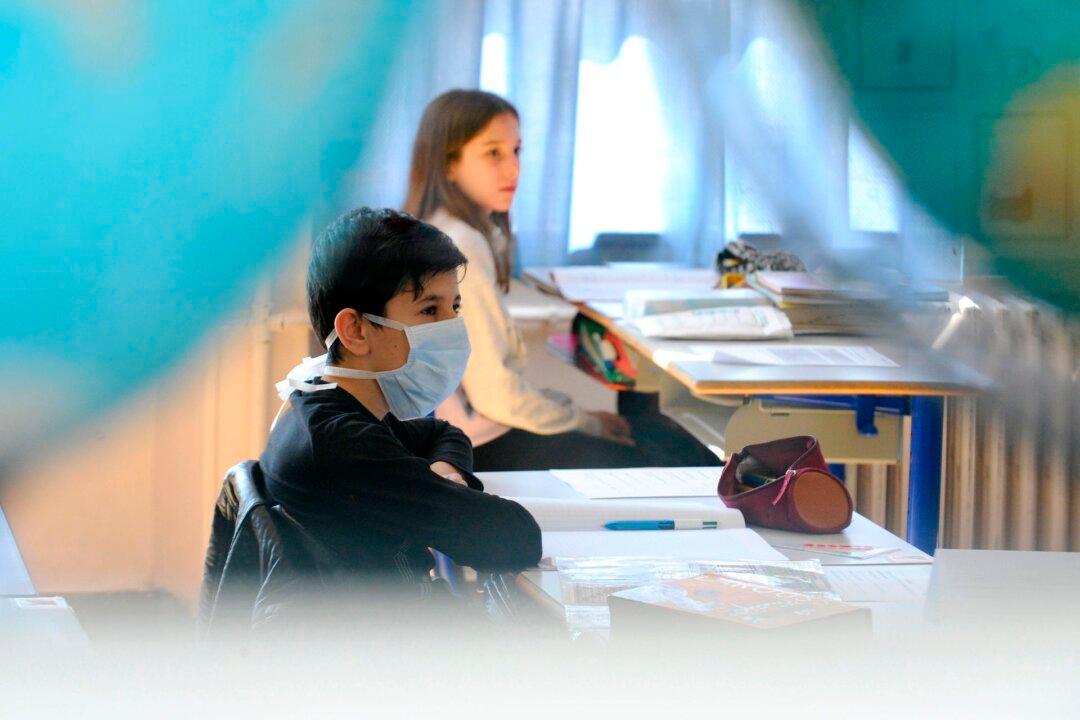A recent update from Public Health England suggests that children who have not received a COVID-19 vaccine have a lower risk of death after contracting the virus than fully vaccinated adults in all age groups.
Public Health England, a government agency, reported (pdf) that three children under the age of 18 died in England within 28 days of testing positive for COVID-19 out of a total of 167,832 cases over a three-week period. The data showed that none of the three who died were vaccinated.





